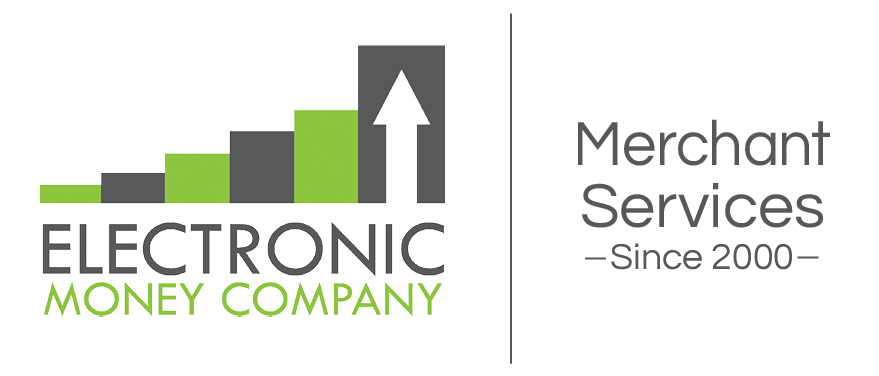Merchants have been complaining about credit card processing fees since the beginning of credit cards. The fees were initiated in the first place to replace the fees banks collected on loans. Consumers who don’t have enough cash were in effect passing on their interest fees on loans to the merchants. But merchants took on those fees because sales were lost if they didn’t. Consumers can spend money they don’t have and buy now with a credit card. And if a merchant refused to accept payments with credit cards, the consumer would shop with a competitor who did. Consumers want the convenience and choose a merchant’s competitor to use that convenience. If you need to replace your water heater and you don’t have $1500 in disposable income in your checking account, you may shop around for a plumber who will take your card. Fast food restaurants have all added card processing because people don’t even carry $10 in their wallets anymore, particularly millennials. Most retail and restaurant merchants now claim that 70% of their transactions are from plastic.
Merchants for years have adapted to the extra fees for card processing by raising their fees. But still, the market place is forever competitive. A slight edge of saving 3% on card fees and adding that to a bottom line of 10% profit margin, is in actuality a 30% increase in their profitability!
Recognizing this appeal, Visa and MasterCard have recently ruled that merchants can surcharge credit cards so that they can pass off the fee for the transactions to the card holder. However, there are regulations to follow or these merchants can be in violation. Debit cards are excluded from surcharging because it mimics fees for cash payments. Some states do not allow surcharging. Those states are California, Colorado, Connecticut, Florida, Kansas, Maine, Massachusetts, New York, Oklahoma and Texas. Fines for violations range from $5,000 to $100,000 and the merchant can lose their privilege of accepting card payments.
Surcharging is never allowed on debit cards, whether that debit card is run on a credit card network or a pin-based debit network. This poses some difficulties to some merchants. They want to pass on the surcharge to all their customers, but how do they separate out the ones who want to pay by debit card through the credit processing networks. Many processors have programs for credit card terminals that add a surcharge onto every transaction and display that fee on the receipt for the consumer. The program is popular with merchants who only take credit cards. The liability is with the merchant if they get caught surcharging a debit card. There is a form available on Visa and MasterCard’s websites, that allows for reporting merchants who are not complying with the rules for surcharging.
There are some programs for credit card terminals and for eCommerce websites that are smart enough to figure out if the consumer is using a credit or a debit card. A fee is added to the credit card for the consumer to pay and it is visibly displayed for the consumer to see and understand. A smaller fee is added to a debit card for the merchant to pay and the consumer does not pay a surcharge.
Call Electronic Money Company at 505-296-2847 to answer any questions you may have as you consider a surcharging program.

